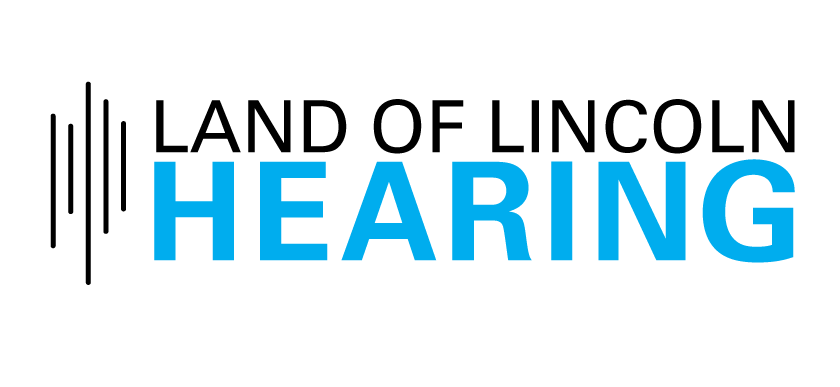Why we should monitor our hearing and vision as we age
/Vision loss has joined hearing loss on the list of modifiable risk factors for dementia, according to the latest report by the Lancet Commission on Dementia, Prevention, Intervention and Care.
Read More




